Bulk Pricing
USB BAY-4 Port Serial DB-9 RS-232 Adapter with FTDI Chipset
USB to RS232 Adapter – DB9 Male Ports
The USBG-BAY4 is a 4 port DB-9 RS232 to USB serial adapter that is designed for PC, thin client, or server. It provides instant communication port expansion when using the Universal Serial Bus (USB). The USBG-BAY4 has excellent scalability and quickly adapts to new USB technologies.
- Supports 4 RS232 DB9 Male connections through USB Host PC
- PC system detects the new serial ports without conflict to existing settings.
- USB 2.0 compliant – Backward compatible with USB 1.0 and 1.1.
- Supports optional 5V DC power input for high power consumption devices.
Quick Links:
Description
The USBG-BAY4 is a 4 port DB-9 RS232 Adapter to USB that is designed for PC, thin client, or server to provide 4 instant DB-9 RS-232 COM port expansions from the Universal Serial Bus (USB) host. This 4 port DB-9 RS232 Adapter provides the flexibility to quickly adapt to new USB technologies.
Multiple modules can be added to a single USB interface allowing you to add 1 to 4 serial RS232 port connections as needed helping your network grow with your requirements. With the USB Plug-and-Play features, you can simply plug in and follow the instructions of Install Wizard, You’re ready to use your serial devices once the installation is complete.
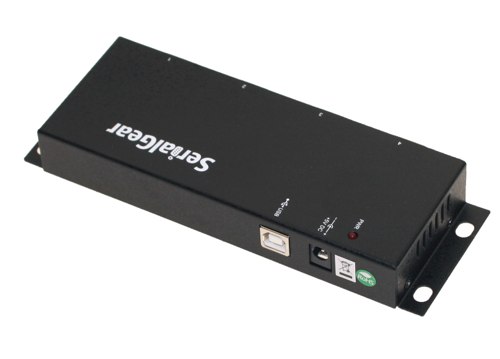
Going through a configuration with the Serial DB-9 RS-232 Adapter for Card Slots, I/O address, IRQ jumpers, DMA and others when you are connecting the devices is not necessary as the system will recognize the device and install the drivers automatically.
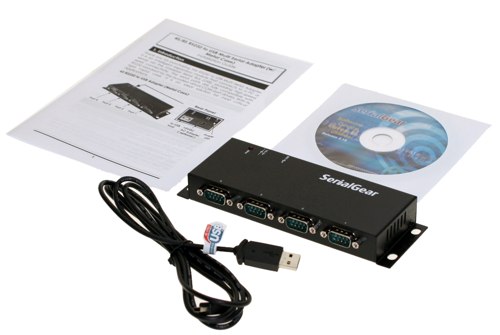
This product includes the following items:
- 6ft. USB A to B Detachable cable (can be extended up to 15ft)
- Windows Driver CD
- Easy Instructions Booklet/User Manual
Additional Features:
- USB Port Fully compatible with USB1.0 and USB1.1; Forward compatible with USB 2.0
- Serial Port Supports 4 DB9-Male UART Serial ports, the key benefits are:
- Supports 3-wire RS232 Signals (TXD, RXD, GND)
- Rigid Metal Case for Critical Applications
- Four Port Serial RS-232 DB-9 Box USB Converter
- Baud Rate from 75 bps to 921.6Kbps
- 512-Byte Deep FIFOs for each Port
- Supports 7,8 Data Bits
- Odd, Even, Mark, Space, or None parity mode
- Supports 1, 1.5 and 2 Stop Bits
- Supports USB Bus Power
- DC Jack for Optional DC 5V Power Input
OS Support:
- Windows 7, Windows 8, Windows 10, Windows 11
- Linux and Mac OS 10.X
Form Factor:
- 6.83”(L) x 2.53”(W) x 0.96”(H)
- (17.35 x 6.42 x 2.43 cm)
Package Contents
- 4 port USB to Serial adapter
- USB A to B cable
- Paper installation manual
- Driver Disc
*Surface Mounting screws not included.
Specifications
Product Specifications
| Compliance |
| ||||||||||
|---|---|---|---|---|---|---|---|---|---|---|---|
| Physical Characteristics |
| ||||||||||
| Serial Attributes |
| ||||||||||
| Software |
| ||||||||||
| Environmental |
| ||||||||||
| Hardware |
| ||||||||||
| Other Data |
|
Accessories & Replacement Parts
Accessories & Replacement Parts
The USB to RS232 4 port adapter has certain accessories that work with it. These accessories are what you can order if needed.
Model# 9DBMF5FT
$2.95In stock
Support
Product Documentation & Drivers
Product Documentation
Software & Drivers
Need drawings, CAD files, or other compliance documentation? Click HERE
Serial F.A.Q.
Product F.A.Q.
View frequently asked product questions below. For all serial troubleshooting, visit this page.
Still need help? Reach out!
-
How do I clean and reinstall my FTDI drivers?
View Answer
-
- Download the CDM Uninstaller HERE.
- Extract the zip file, or open the “CDMuninstallerGUI.exe” utility.
- Leave the ‘Vendor ID’ set to 0403 and ‘Product ID’ set to 6001.
- Click Add.
- Click Remove Devices.
- Download the corresponding driver for your operating system and follow on-screen prompts. Windows Driver | MacOS Driver
-
-
How can I change my device’s COM port?
View Answer
-
- Click on Start and navigate to the Control Panel
- Locate and click on Device Manager
- Under “Ports (COM & LPT)” you will find your serial device titled “USB Serial Port” along with its current COM Port.
- Right click on “USB Serial Port” and click on Properties.
- Navigate to the “Port Settings” tab and click on “Advanced…”
- Once there, the “COM Port Number:” can be changed with a dropdown menu to select the port number.
- Click your desired port number (i.e. COM2) and click “OK”.
- Click “OK” once more.
- Your serial device is now assigned to your chosen COM Port.
-
-
How do I check to ensure the COM port is listed properly in Windows?
View AnswerTo ensure your serial device is installed properly, complete the following:
- Press Windows Key + R to open the Device Manager. Once Run comes up, type “devmgmt.msc” into the text field and press Enter.
- Expand the section labeled, Ports (COM & LPT).
- You should now see a COM number in brackets to the right of each port. If the device is installed properly, no exclamation points or question marks should be present next to the device.
-
I have everything hooked up, but nothing is functioning correctly.
View AnswerTo rule out potential issues, quickly test your individual components to ensure that they are working correctly individually, and are not the source of the problem:
- Serial cables
- Serial ports
- Serial devices
Test your components by:
- Hook up the serial cable(s), serial port(s), and serial device(s) in a different setup to see if the issue stems from a particular component, or the setup as a whole.
- Replace the serial cable, port, or device within your setup to further troubleshoot the issue’s origin.
When testing cables:
- Test each cable individually.
- Use short cables when you are testing.
When testing serial ports and devices:
- Press the Windows key + R, in Run, type devmgmt.msc, and press Enter to open the Device Manager. You can then check to see if your device is listed under Ports (COM & LPT).
- Ensure that the COM port number is the correct number for the serial device and that the software being used to connect the computer to the serial device uses the correct COM port number.
- If the device is listed with an error, follow the instructions on the website to reinstall the drivers.
-
Serial communication is not functioning correctly, how can I tell if the problem caused by the adapter or my serial software application?
View AnswerOlder serial communication applications make use of legacy hardware addresses, often incompatible with PCI, PCIe, and USB to Serial products. Contact the software provider to troubleshoot.
-
I am receiving an error when I try to install the drivers in Windows 8 64 bit.
View AnswerDriver Signature Enforcement in Windows 8 may need to be disabled in order to use various drivers. After disabling this feature, the driver will be allowed to install.
Note: You are required to restart your computer after disabling the Driver Signature Enforcement. Save all open work on your computer.
Disable driver signature enforcement:
- Press the Windows key + C.
- Click Settings > Change PC Settings.
- In the left pane, click General.
- In the right pane, under Advanced startup, click Restart now.
When your system restarts:
- Click Troubleshoot > Advanced options > Startup Settings > Restart.
- Press 7.
When your computer restarts, Driver Signature Enforcement will be disabled and you can install the drivers.
-
I am receiving an error when I try to install the drivers in Windows 10 64 bit.
View AnswerDriver Signature Enforcement in Windows 10 may need to be disabled in order to use various drivers. After disabling this feature, the driver will be allowed to install.
Note: You are required to restart your computer after disabling the Driver Signature Enforcement. Save all open work on your computer.
Disable Driver Signature Enforcement:
- Click the Windows icon in the taskbar.
- Click Power.
- Press and hold the Shift key and click Restart.
After your computer restarts:
- Click Troubleshoot > Advanced Options > Startup Settings > Restart.
- Press 7.
When your computer restarts, Driver Signature Enforcement will be disabled and you can install the drivers.
-
Why did the software not install properly in macOS High Sierra (10.13) or later?
View AnswerHigh Sierra 10.13 and later versions of macOS enforce strict security policy revisions. In order for the device to operate, software packages like those used in this installation must be allowed in macOS Security and Privacy settings once the software is installed.
Once the driver/software is installed, follow these steps to allow the software:
- Open System Preferences.
- Open Security & Privacy.
- Click the Allow button near the bottom of the General tab.

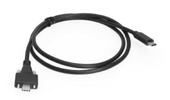

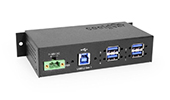
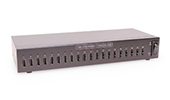
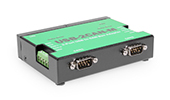
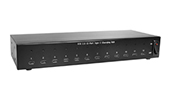
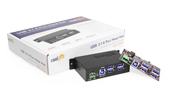
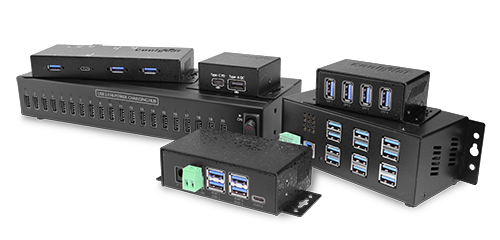
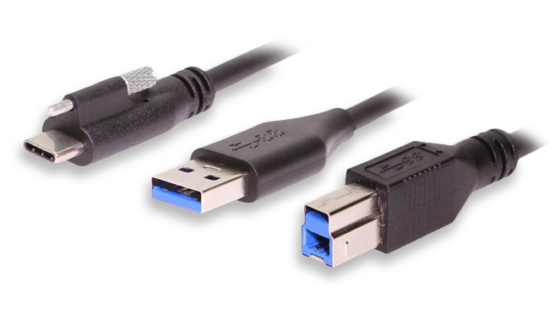
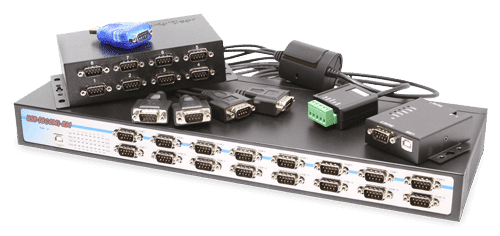
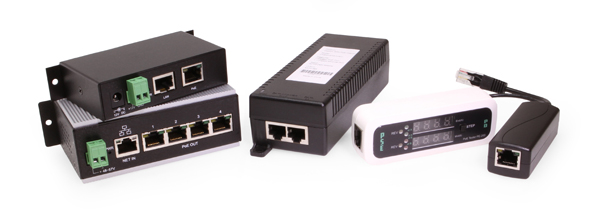
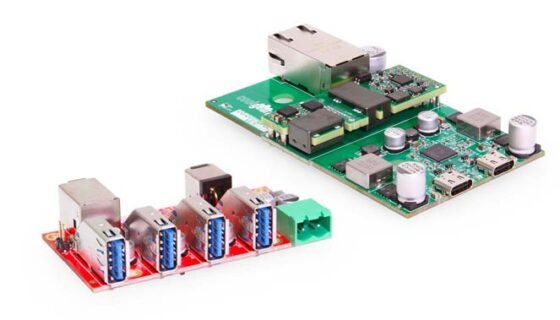







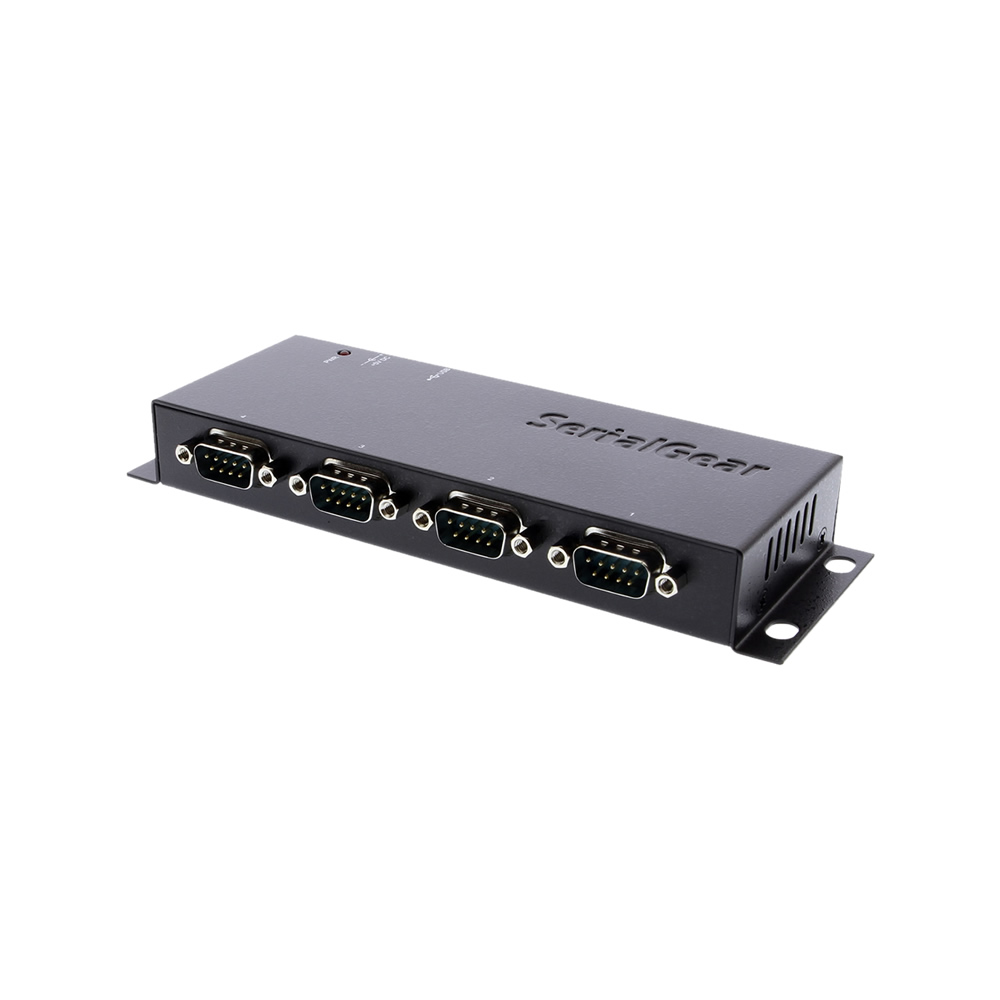
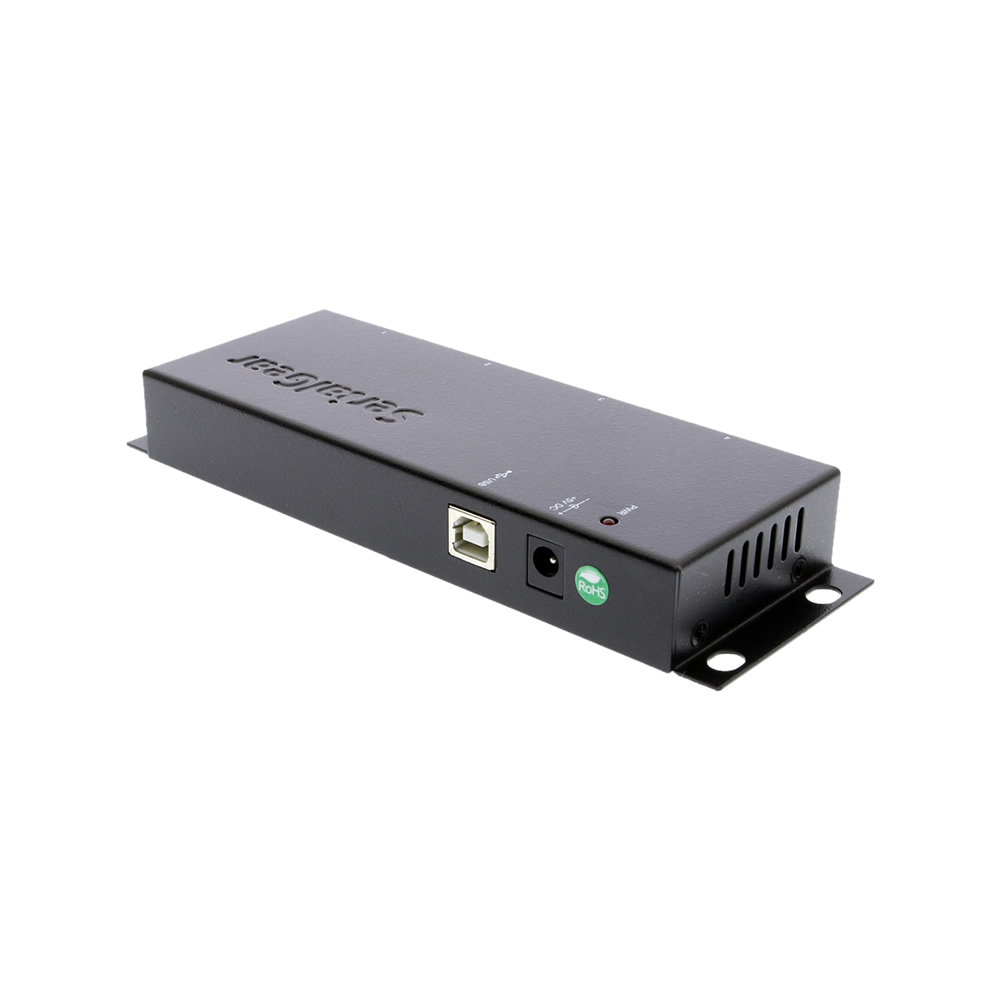
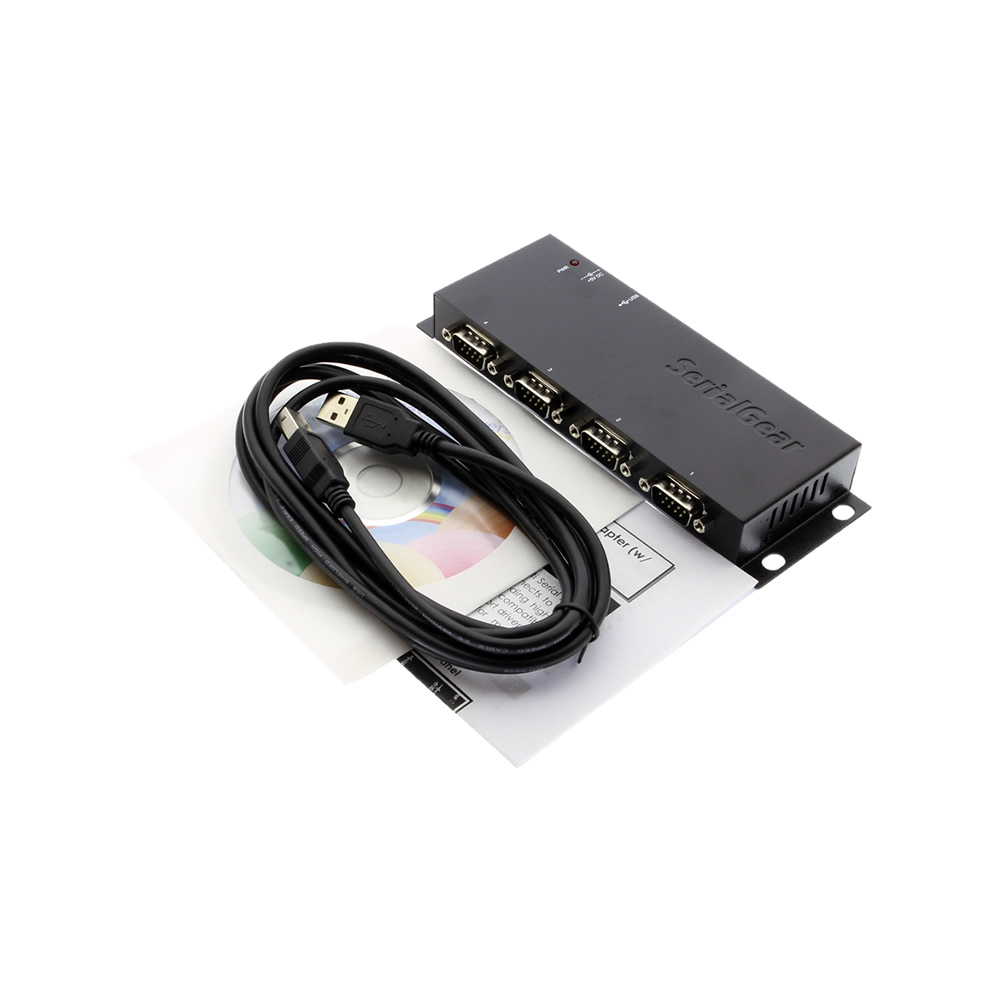
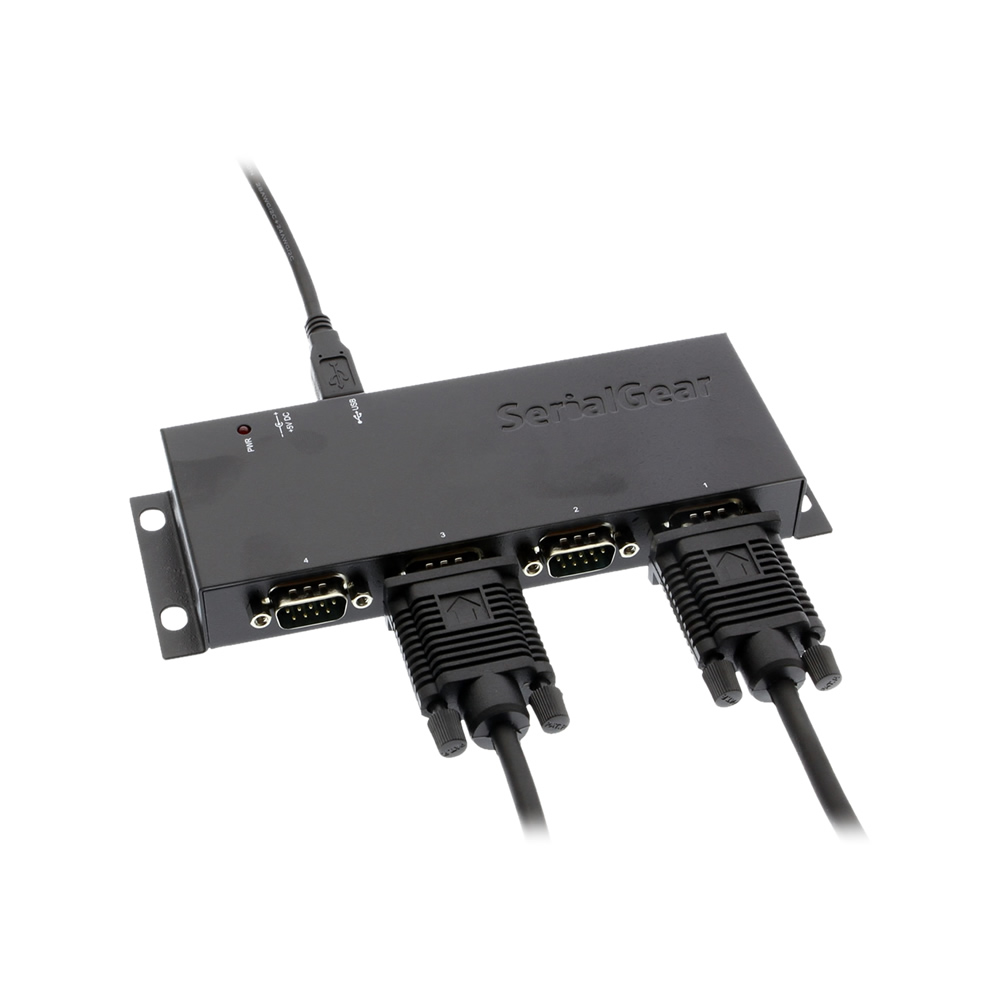
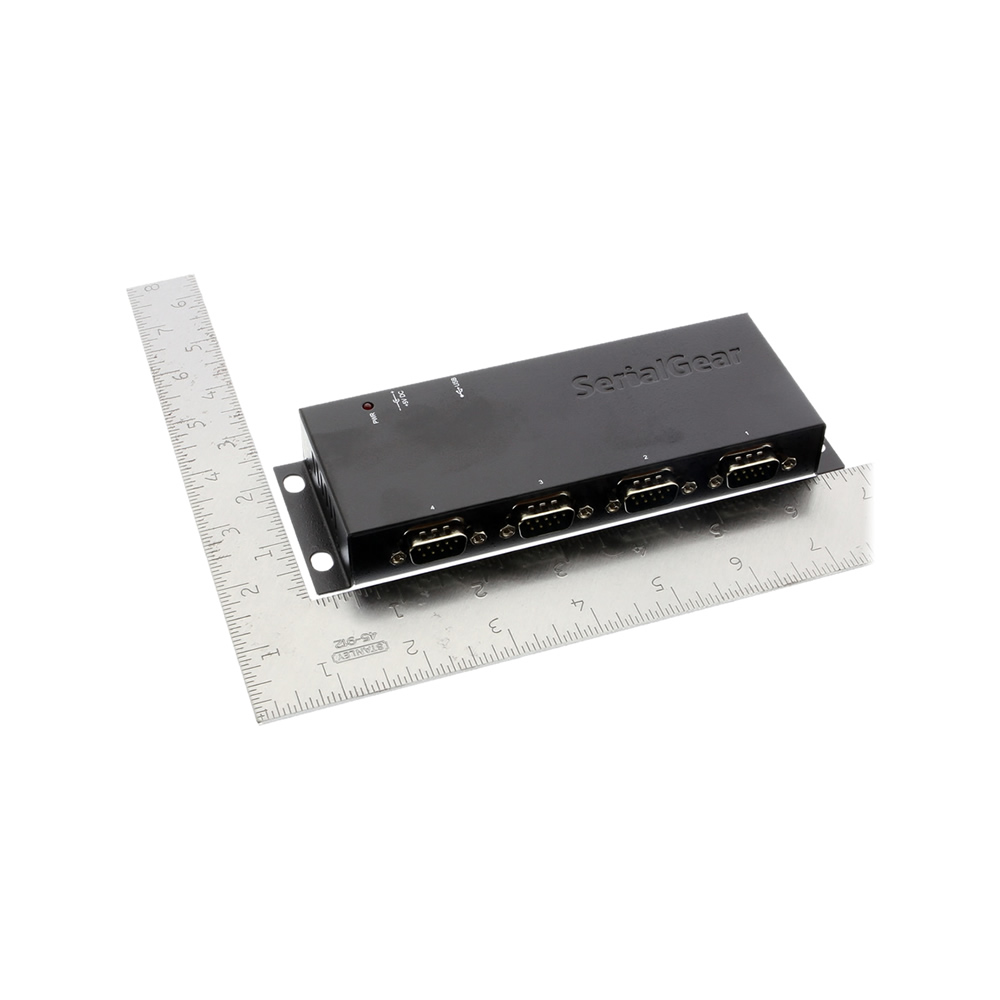
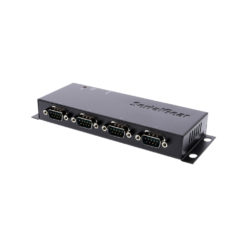
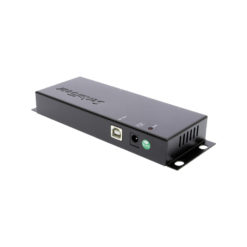
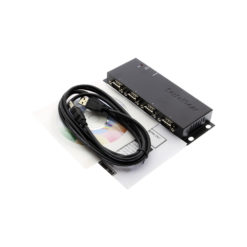
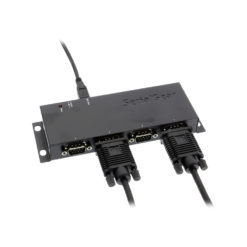
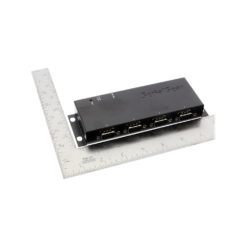
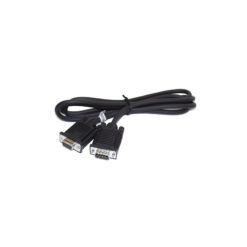
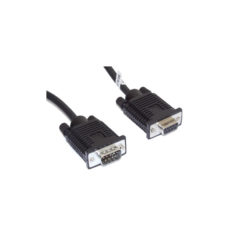
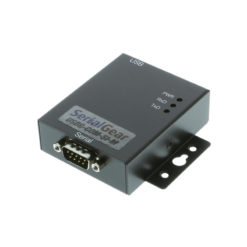
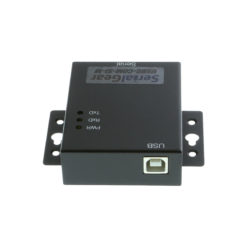
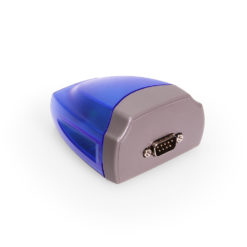
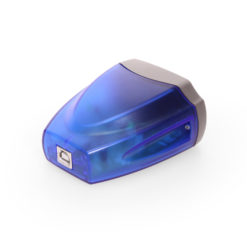
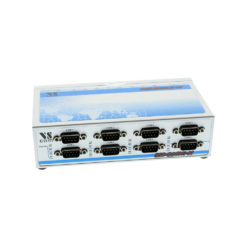
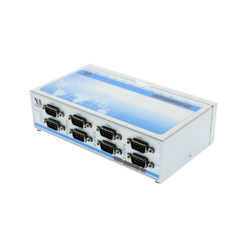
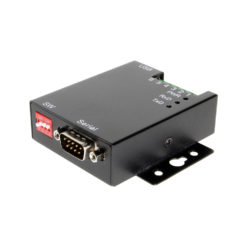
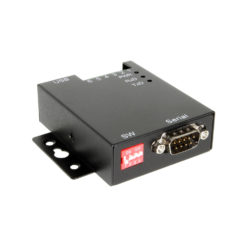
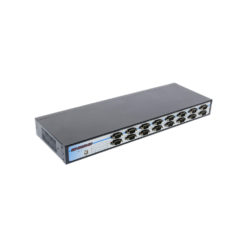
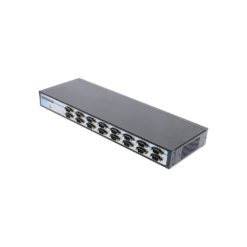
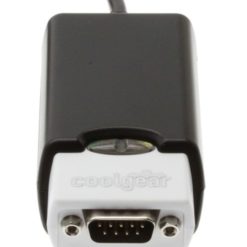
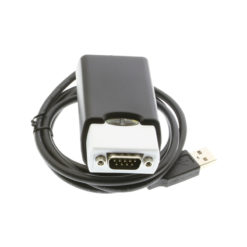
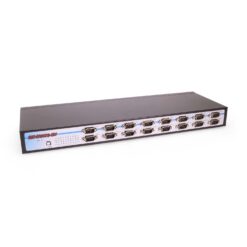
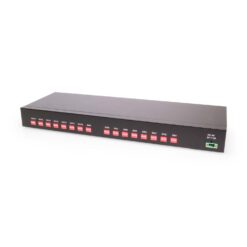
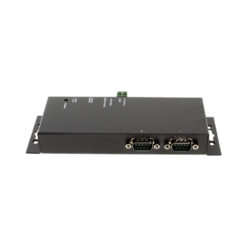
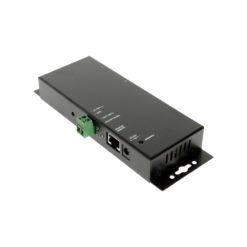
George –
Great product at a great price.
Ralph –
We have used Serial Gear for over a dozen years and have always been satisfied with the quality, price and performance.
Customer –
This is not your cheap, plastic adapter. This is well built of metal and shielded with a good chip set. For that you have a fairly large piece of equipment that is larger and heavier than most other similar products.
It works as advertised and is RF proof for use in radio applications. I had no problems with my Windows 7 machine. Drivers worked with no problem and 4 comm ports were created in the OS.
You can use external DC power, but it will take power from the USB buss easily enough.
John B. Morris –
I have been using the SerialGear 4-port USB to RS-232 Serial adapter for about 9 months now. I use it for amateur radio applications where it is exposed to moderate levels of RF. It is well known that the FTDI chipset is superior to any other for radio control applications. The all metal enclosure properly shields the internal PCB from RF. I would recommend this to anyone needing a multi-port USB to Serial adapter, and especially to those working around RF. Brad, KA3YAN
Chris M –
Uses the FTDI 232RL chipset with support for the chipset’s full RS232 performance, 300bps to 921.6Kbps. Compatible with Linux, MacOS 8, MacOS 9, MacOS X, Windows XP, Windows Vista and Windows 7. Also, works with 64bit versions of the OSes listed that support 64bit. It worked in Linux with 2.6 to 3.x kernels and Windows 7 without the need to install drivers. Windows XP was able to download the drivers. Drivers are provided on the included CD and newer drivers are on their site. The device is small and works well.
This device is awesome, but I have two complaints.
1) The ports are close together so it is hard to use some connectors next to each other.
2) In Linux once a port was accessed, if I unplugged the device and connected it again, the ports that have been accessed can no longer be accessed. Ports that were not accessed previously can be accessed until the next unplug and replug. A restart fixes the issue. I imagine this is more related to the driver that my Linux OS was using and/or there may be a method that can allow access again without a restart that I have not found yet.